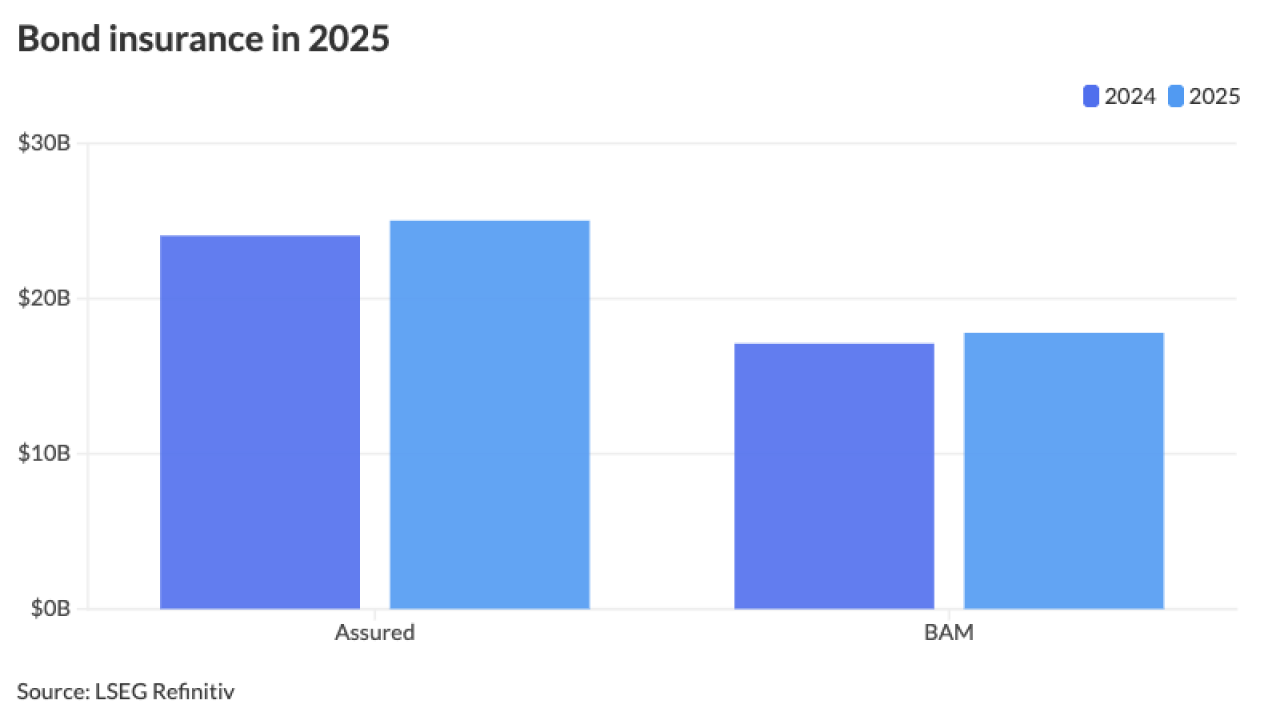Federal Reserve Chair Jerome Powell said additional interest-rate increases will be needed to cool inflation and borrowing costs may need to peak higher than previously expected, if the strong jobs market persists.
"We think we are going to need to do further rate increases," Powell said Tuesday in a question-and-answer session with David Rubenstein at the Economic Club of Washington. "The labor market is extraordinarily strong."
If the job situation remains very hot, "it may well be the case that we have to do more," he said.

Stocks and Treasuries initially rallied as Powell spoke, after he stopped short of taking a more hawkish stance on interest rates in the wake of the robust jobs data.
Asked if he would have raised rates by 50 basis points last week, instead of the 25 basis points as officials did, he demurred.
"We don't get to play It that way, unfortunately," he told Rubenstein.
Stocks later fell and yields rose as investors absorbed Powell's remark that rates could peak higher.
After a series of large interest-rate increases last year, Powell and his colleagues are slowing the pace, while noting that they are still pushing higher.
Investors, responding to a much stronger-than-expected January employment report released Friday, now expect rate to rise to just above 5%, similar to what Fed officials forecast in December.
The Federal Open Market Committee raised their benchmark rate by a quarter point last week to a range of 4.5% to 4.75%, and said ongoing increases remain appropriate.
Powell has argued that easing pressure in the labor market is part of the answer to cooling off inflation in core services, excluding housing, a measure he has highlighted.
However, the market for labor continues jobs to be red hot, with non-farm payrolls increasing by 517,000 last month, the Labor Department reported Friday, while unemployment fell to 3.4%, the lowest rate since 1969.
Powell said the report "shows you why we think this will be a process that takes a significant period of time."
U.S. central bankers were caught off guard by a rapid rise in prices in the final quarter of 2021. Inflation, by their preferred measure rose 5% in the 12 months through December, far above their 2% target.
While some measures of inflation have cooled in recent months, Powell told reporters last week that officials need "substantially more evidence" to be confident that inflation is on a downward path.





